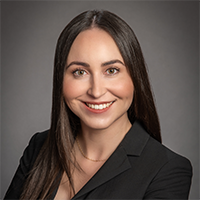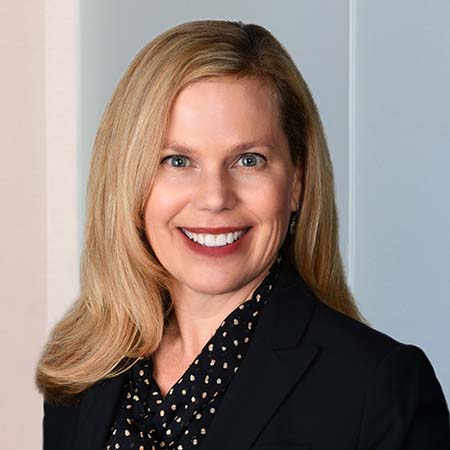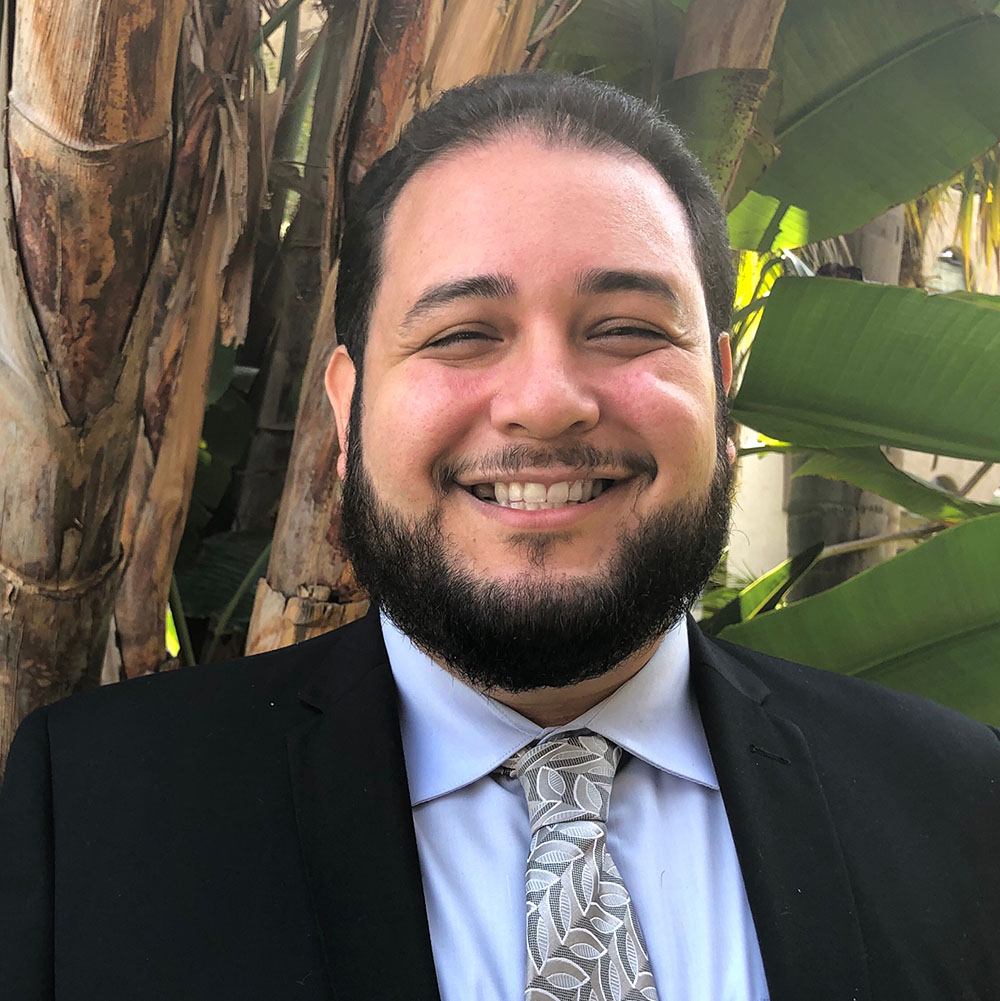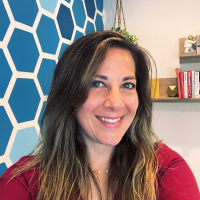Tips from the Bench: Hon. Rebecca F. Zipp
Tips from the Bench: Hon. Rebecca F. Zipp
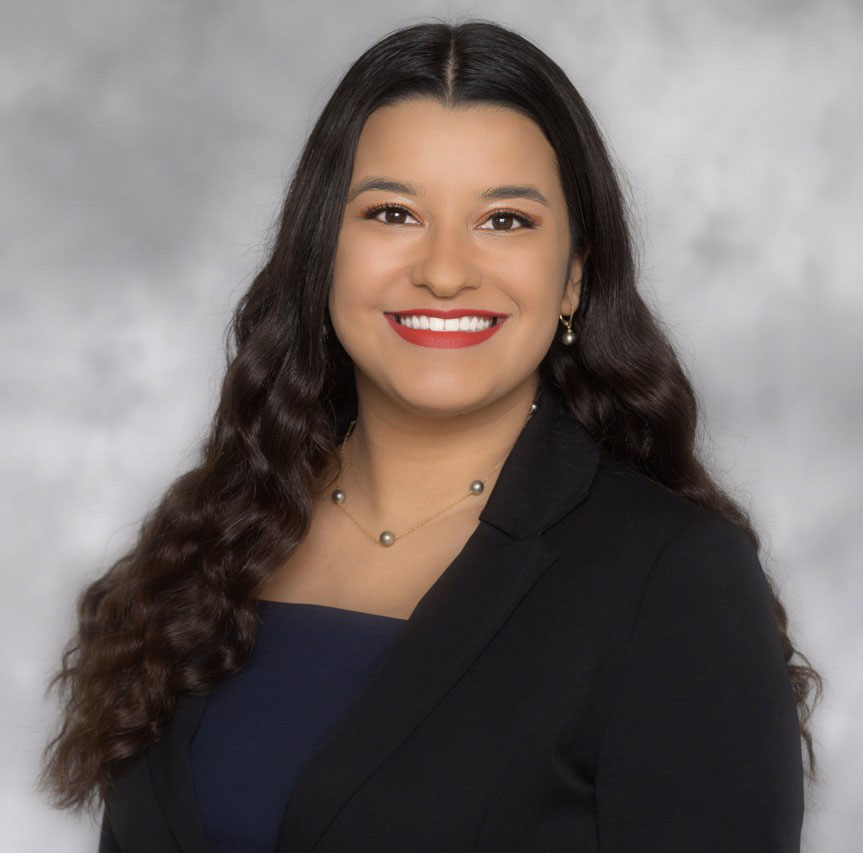
Associate Attorney at Sheppard, Mullin, Richter & Hampton LLP
On March 20, 2024, the Honorable Rebecca F. Zipp was sworn in as a judge for the San Diego County Superior Court. Governor Gavin Newsom appointed Judge Zipp to the bench on March 12, 2024. Currently, Judge Zipp presides over civil harassment and gun violence restraining orders in Department 61.

